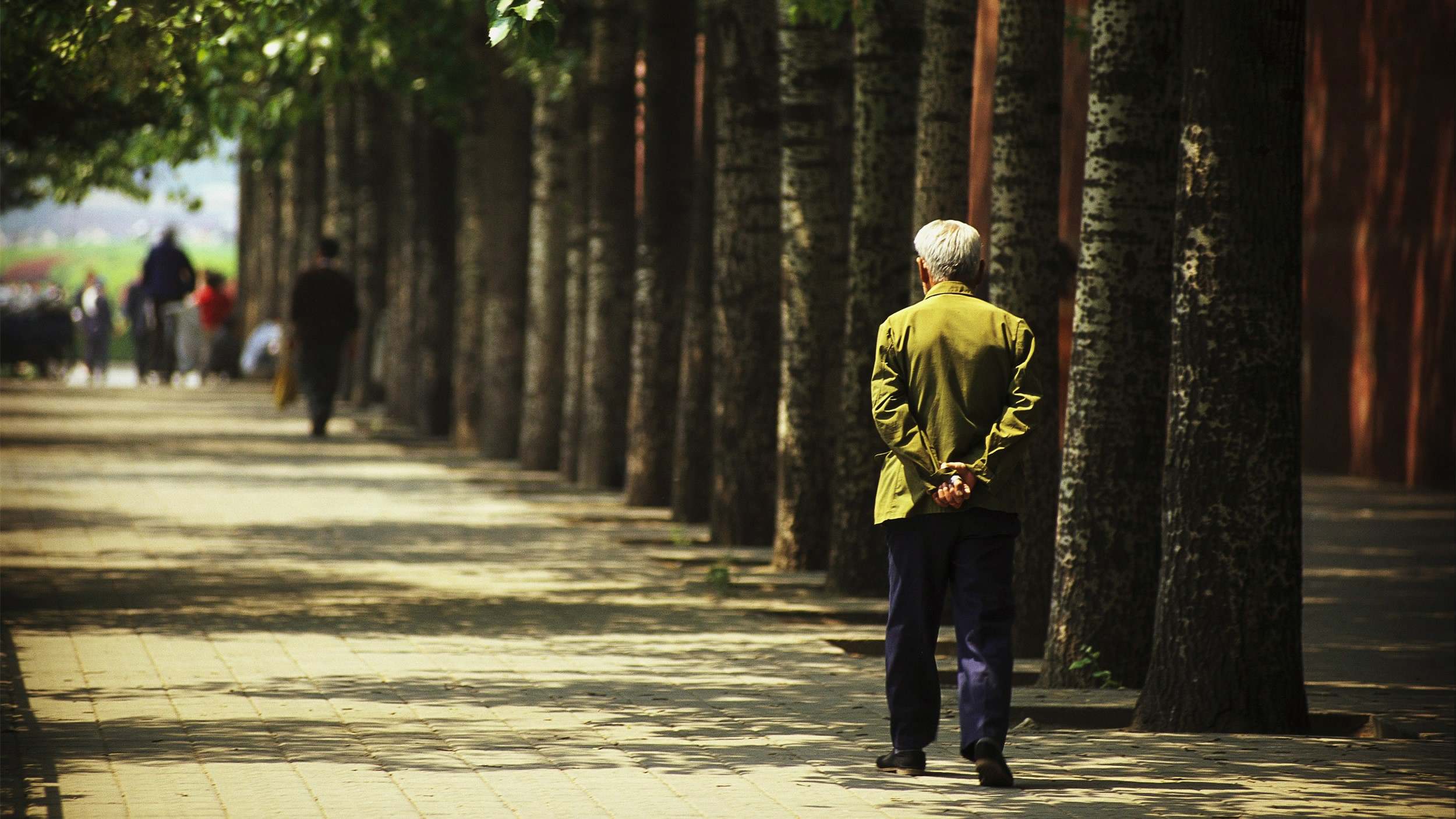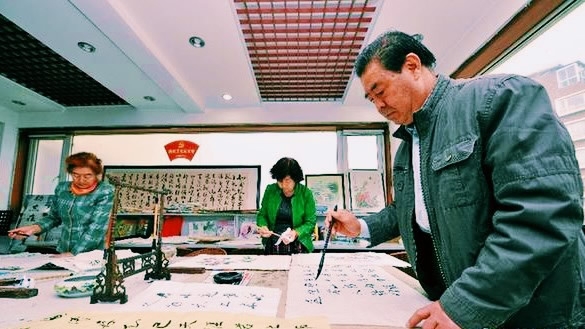
18:00, 28-Feb-2019
Full Episode - What Happens to China’s Elderly?

China is getting old. In just 20 years, China’s elderly will double from 10% to 20% of the population. In fact, the Chinese people are aging more rapidly than in any other country. China’s dependency ratio for retirees could exceed 40% by 2050 – meaning that there would be only (roughly) two working adults bearing the full burden of supporting one senior citizen. And as one-child families expand through the population, a typical young working couple must support four elderly parents. What’s more, China is getting broadly old before getting broadly rich; there is still insufficient wealth to create a national safety net. Is China ready for its greying? What are the economic and social consequences when 20%, and then 30%, of the population are retired? How to take care of hundreds of millions of elderly people? Can China learn lessons from other countries?

Senior citizens practicing calligraphy at an elderly daycare center in Yinchuan City, Ningxia Hui Autonomous Region.
Senior citizens practicing calligraphy at an elderly daycare center in Yinchuan City, Ningxia Hui Autonomous Region.
Chinese culture has long revered the elderly and now China must figure how to provide a sustainable system of social services for its rapidly aging population. The vitality of the Chinese economy, and the decency of Chinese society, depends on it. Rural areas face even greater challenges: social insurance, including medical, is just beginning; community infrastructure is weak, and adult children are often migrant workers far from home. What to do? I’d stress three factors: First, raise China’s retirement age, now 60 for men and 50 to 55 for women. As people live longer, they should want to work longer, contributing to society and enhancing personal fulfillment, which enables happier, healthier aging. A higher retirement age can also address China’s shrinking labor force. Second, encourage the market to offer innovative services - create profit incentives to provide quality elderly care. Third, develop telecommunication technologies for providing partial care (when families cannot be at home). China, to be China, must take care of its elderly. That’s Closer To China.
SITEMAP
Copyright © 2018 CGTN. Beijing ICP prepared NO.16065310-3
Copyright © 2018 CGTN. Beijing ICP prepared NO.16065310-3